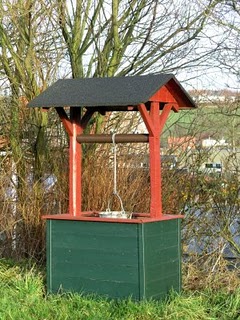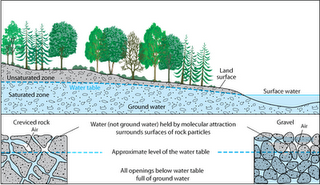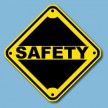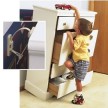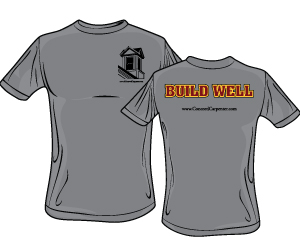Is Your Well Water Safe?
Safe Drinking Water
When was the last time you tested your well water? Do you really know if your well water is safe to drink?
Drinking water for roughly one-sixth of U.S. households comes from private wells, of which there is little enforced regulation. With proper care, well water is extremely safe.
Well Water Pollution
However, if polluted ground water is consumed, it could cause illness.
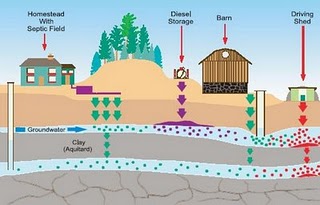
Image:www.health.gov.on.ca
These wells can become contaminated by chemicals or pathogenic organisms caused by seepage through landfills, failed septic tanks, underground fuel tanks, fertilizers and pesticides, and runoff from urban areas
I recommend inspection, testing and remediation for wells providing drinking water. Especially if there are children drinking the water. Children are more susceptible to the waterborne illnesses that can result from contaminated wells.
When to have your well tested
Test your well water once each year for total coliform bacteria, fecal coliform, nitrates, total dissolved solids, and pH levels. If you suspect other contaminants, you should test for those as well.
Best Practice
The best way to to check if your well water is safe to consult a local expert, such as the local health department, about local contaminants of concern. You should also have your well tested if:
- There are known problems with well water in your area
- You have experienced problems near your well (i.e., flooding, land disturbances, and nearby waste disposal sites)
- You replace or repair any part of your well system.
- You notice a change in water quality (i.e., taste, color, odor)
For information on having your well tested see your local EPA website. New England Region. or contact:
MASSACHUSETTS D.E.P. online listing
(978) 682-5237
Radiochemistry: (617) 983-6870
Department of Environmental Protection
William X. Wall Experiment Station
37 Shattuck Street
Lawrence, MA 01843
For more information on well testing see the CDC website on ~ well water testing FAQ’s
source: AAP.org CDC.gov MASS.gov



